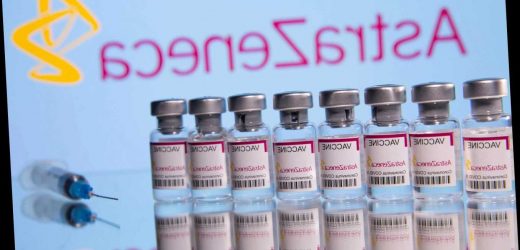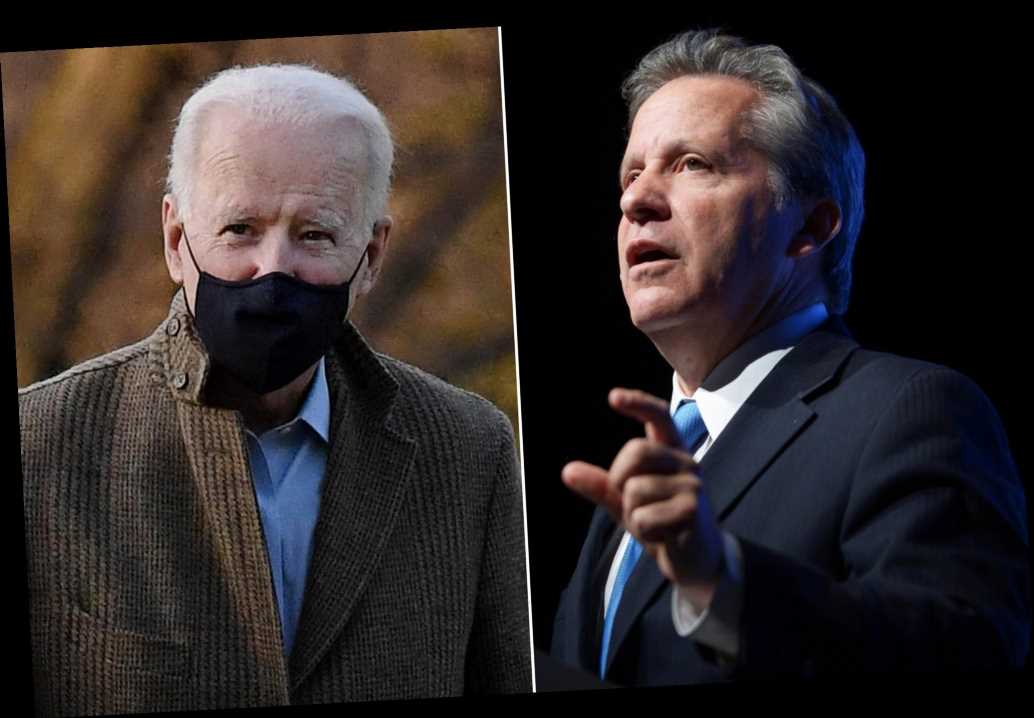THE Netherlands and Germany have joined a growing list of countries to have suspended the AstraZeneca Covid vaccine due to fears it may cause blood clots.
Oxford scientists who worked on developing the jab say no link has been found that the coronavirus vaccine causes clots.
? Read our coronavirus live blog for the latest news & updates…
Which countries have banned the AstraZeneca vaccine?
Several European countries have already temporarily suspended use of the jabs, including Denmark, Austria and Norway, as well as Thailand.
Ireland this weekend chose to "temporarily suspend" the jab as a "precautionary step".
It came after a small number of reports of people experiencing blood clots in the days and weeks after their vaccination.
The European Medicines Agency (EMA) said Austria had paused use after a death; Denmark reported one fatality as well as Italy.
There were reports of serious clotting in adults in Norway which left four people in hospital.
The Dutch government said the precautionary move will last until at least March 29.
Germany followed suit on March 15 a spokesman for the Health Ministry said.
The ministry said the decision followed a recommendation from the Paul Ehrlich Institute, Germany's authority in charge of vaccines.
"Following a recommendation from the Paul Ehrlich Institute, the government is, out of caution, halting the administration of the AstraZeneca vaccine," the ministry said in a statement, adding that Health Minister Jens Spahn would provide further details at a news conference at 4pm local time.
The previous week, Lothar Wieler, head of Germany's Robert Koch Institute for Infectious Diseases, said there was no evidence that patients who received the vaccine were more likely than patients of a similar age group to suffer blood conditions.
Why have so many countries banned the Astrazeneca vaccine?
Countries have suspended use of the Oxford-AstraZeneca vaccine over concerns the jab may cause blood clots.
The move is seen as a precautionary measure.
About 17million people in the EU and the UK have received a dose of the vaccine, with fewer than 40 cases of blood clots reported as of last week, AstraZeneca said.
Dutch drug watchdog Pharmacovigilance Centre Lareb said that 10 cases of possible adverse side effects had been reported in the Netherlands.
Is the AstraZeneca vaccine safe?
The head of the Oxford University vaccine group has sought to reassure the public over its Covid-19 jab after several countries temporarily suspended its use.
Professor Andrew Pollard said that while it was right that regulators investigated reports of blood clots in people who have had the vaccine, data from millions of people was "very reassuring" that there was no link.
Last week, the World Health Organisation (WHO), the European Medicines Agency (EMA) and the UK's Medicines and Healthcare products Regulatory Agency (MHRA) said there was no evidence of a link between the jab and an increased risk of blood clots.
Prof Pollard said "safety is clearly absolutely paramount" but that about 3,000 cases of blood clots occur every month in the UK from other causes.
"So, when you then put a vaccination campaign on top of that, clearly those blood clots still happen and you've got to then try and separate out whether, when they occur, they are at all related to the vaccine or not," he told BBC Radio 4's Today programme.
Prof Pollard said that more than 11million doses have now been given in the UK, and the MHRA has said "very clearly that they're not seeing any increase in the number of cases of blood clots" over what they would see normally.
"I think at this moment we've got the most data from the UK, which looks very reassuring, but of course it's absolutely right that there's careful monitoring of safety and this gets looked into," he said.
Professor Anthony Harnden, deputy chairman of the Joint Committee on Vaccination and Immunisation (JCVI), also sought to reassure the public and said people should attend their vaccine appointments.
He said that the EMA, the MHRA, the World Health Organisation and AstraZeneca have "all said this vaccine is safe".
He told BBC Breakfast: "The data that we look at on a weekly basis on JCVI and a daily basis at MHRA are reassuring that there is no link, so we are right in this country to press on.
"We will keep monitoring this and if there is any safety signals that we are concerned about, we would let the public know straight away.”
AstraZeneca also said its own review had found no evidence of an increased risk of pulmonary embolism, deep vein thrombosis (DVT) or thrombocytopenia, in any defined age group, gender, batch or in any particular country.
The World Health Organisation (WHO) said in a statement it’s advisory committee was assessing reports related to safety issues of the AstraZeneca vaccine.
WHO spokesman Christian Lindmeier said: "As soon as WHO has gained a full understanding of these events, the findings and any unlikely changes to current recommendations will be immediately communicated to the public.
"As of today, there is no evidence that the incidents are caused by the vaccine and it is important that vaccination campaigns continue so that we can save lives and stem severe disease from the virus," he added.
Can I choose which vaccine I get?
The short answer is no.
The NHS says: “The Joint Committee on Vaccination and Immunisation has not advised a preference between the Pfizer-BioNTech or Oxford-AstraZeneca vaccine in any specific population, stating that ‘both give very high protection against severe disease… and both vaccines have good safety profiles’.”
The vaccine programme is offering vaccines in line with the supply of vaccines available.
However, in certain circumstances the NHS may advise you to have a certain vaccine if you have other medical conditions.
Source: Read Full Article





